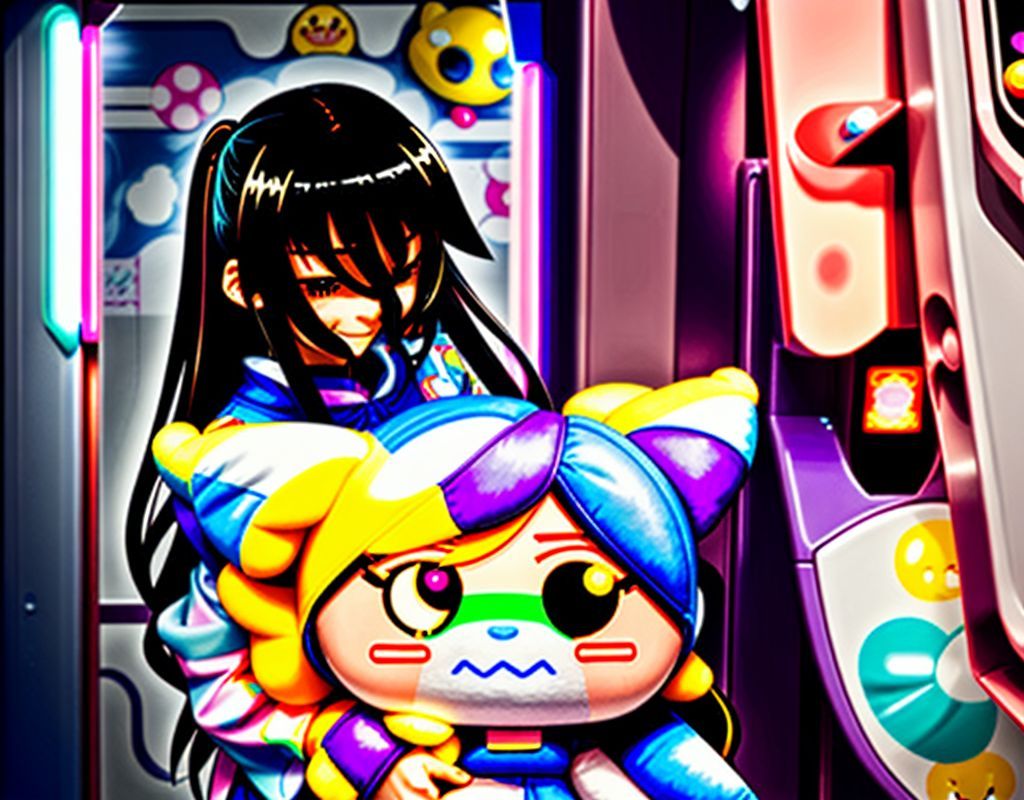
「Oshii!」: When 'So close!' is in one word
「Oshii!」(Oshii!): The Japanese Master Trick for Saying 'So close, almost got it!'
Surely you've been in those 'almost there' situations:
- Throwing a dart that nearly hits the bullseye 🎯
- Answering a quiz question wrong by just one small detail 🤏
- Running to the train station just as the doors close in front of you 🚃
In times like these, we often say 'So close!' or 'Almost got it!'. The Japanese have an extremely valuable and common word for this, which is 「惜しい!」(Oshii!).
This is not a word whose true nuance you can easily find in a textbook, but it is the 'breath' of everyday communication. Let's break it down!
「Oshii!」 is not just 'A pity'
Many people confuse「惜しい」with「残念 (zannen)」. But they are a world apart!
-
残念 (zannen): Used for a past event, an undesirable outcome that has already happened. Has the nuance of 'What a shame', 'How sad'.
Example:「楽しみにしていた旅行が中止になって、本当に残念です。」(The trip I was looking forward to was canceled, what a real shame.)
-
惜しい (oshii): Used when a good outcome was almost achieved. It expresses both regret and acknowledgment of the effort and excellence of the person who performed the action.
Example: A shot hits the goalpost. Everyone would exclaim:「ああ、惜しい!」(Ah, so close!)
In other words,「惜しい!」is a disguised compliment. When someone says「惜しい!」to you, they are trying to say: 'You did great, you just needed a little more luck to succeed!'.
'Golden' Situations to Use「Oshii!」
You can use this word everywhere to make your conversation super natural.
1. When playing sports & games 🎮⚽️
This is the main stage for「惜しい!」. Whenever there is a 'near miss' or 'almost won' moment, you will hear this word.
- Trying to get a stuffed animal from a crane machine but it drops at the exit:「うわー、惜しい!」
- Losing a fighting game when the opponent has only 1% health left:「まじか、惜しい!」
2. In work & study 💼✍️
When a good idea is not approved, or an answer is almost correct,「惜しい」is an extremely subtle way to encourage.
- A colleague presents a good plan but the boss chooses another:「いいアイデアだったのに、惜しいね。」(It was a good idea, what a shame.)
- You answer a teacher's question and only get one detail wrong:「うん、惜しい!考え方はすごくいいよ。」(Hmm, so close! Your way of thinking is very good.)
3. In everyday life Alltag
- You guess the price of an item almost correctly:「惜しい!あと100円安いです。」(So close! It's 100 yen cheaper.)
- Telling a joke where people don't 'get' the punchline:「今のオチ、ちょっと惜しかったな。」(That punchline just now was a bit of a miss - meaning it was almost funny.)
Conclusion
「惜しい!」is a small word with a lot of power. It not only expresses regret, but also encouragement, and acknowledgment of the other person's talent and effort.
Next time you see someone almost succeed, don't just stay silent. Exclaim a cheerful 「惜しい!」. You'll find yourself communicating 'very Japanese' and connecting with people much better! 😉
Thẻ liên quan:
Lan tỏa kiến thức
Chia sẻ những điều hay ho với bạn bè